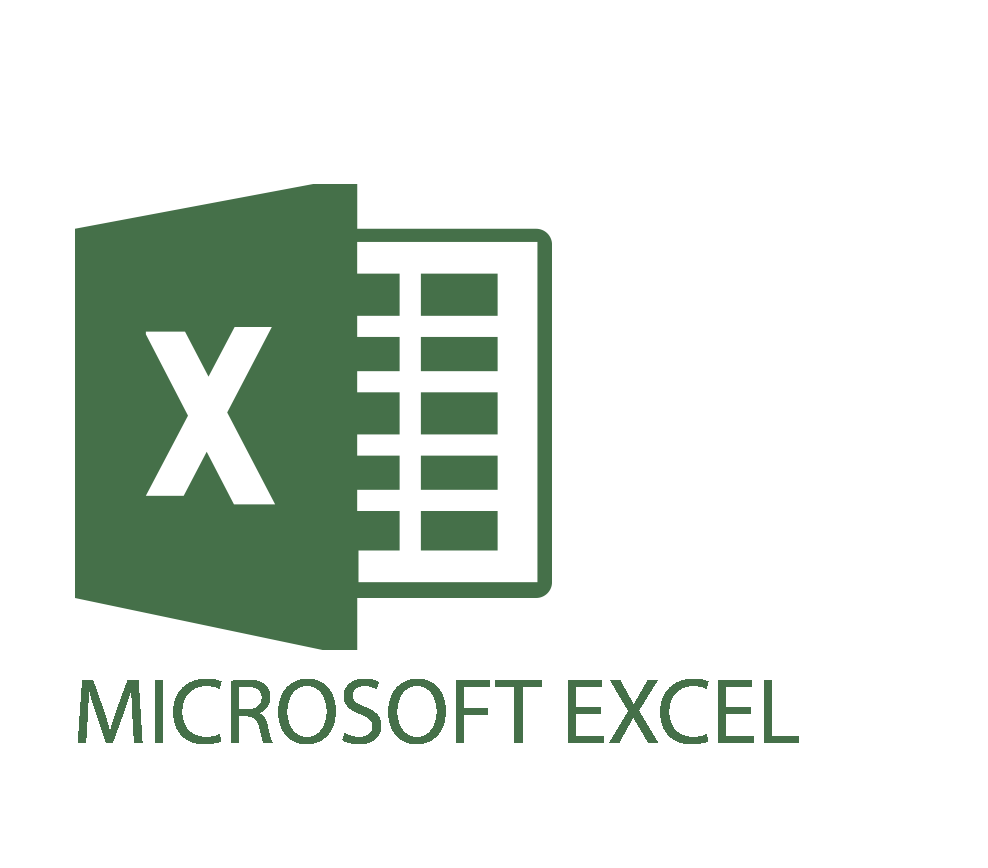For scaling and high-growth companies, it is no secret that January naturally becomes a month for deliberation and realignment with tools and processes. As processes, touchpoints and administrative tasks are evaluated under a microscope of accountability and scalability, perhaps it is an adequate time to recall the revaluation of Adobe Inc’s finance chief Mark Garrett and his newsworthy criticisms of spreadsheets and Microsoft Excel.
“I don’t want financial planning people spending their time importing and exporting and manipulating data, I want them to focus on what the data is telling us” Garrett infamously quipped in 2017. In an investigative follow up done by the Wall Street Journal, Paul Hammerman of Forrester Research Inc echoed this sentiment: “Excel just wasn’t designed to do some of the heavy lifting that companies need to do in finance.”
This level of criticism wasn’t just overeager tech-types advocating for more cutting edge intricacies and evolution for its own sake–they were red flags raised by members of important and credible institutions served as a truly telling watermark on the capacity or lack thereof of the industry standard in data management.
In 2017 and the subsequent years to follow, this stimulated some overdue critical thinking about a data tool that’s been a backbone of companies finances, operations, sales numbers and marketing initiatives for decades, and even inspired businesses to try and 2.0 the existing standard of spreadsheets. With a new market for more powerful spreadsheets more fertile than ever in 2019, perhaps it’s time we check the watermark again and dissect a potentially outrageous idea for finance professionals: Are spreadsheets still the best tool for the job?
The short answer: it depends on what the job is. The truth is, spreadsheets have been quietly evolving with the times through the entirety of this trajectory, and their staying power is not a result of slow adoption and negligence to potential improvements as far as solutions go. Many companies still manage pieces of their processes with spreadsheets because it is simply still the best possible solution for their tasks at hand.
For certain companies though, they exist in the awkward phase of knowing the current solution is likely not the most effective, but their lack of capacity for research and the risks of implementation stand between them and amplifying their data management processes. Being a change agent for tools and processes in a financial setting isn’t the most popular idea in the world, especially when there’s so many innovations appearing that it becomes convoluted and hard to discern the real new standards from the market converters. It also only takes one new software horror story to disincentivize employees and decision makers to be suggest a new way of doing things.
Advocating for new tools might be nerve-wracking in a lot of organizations where there’s a lot on the line, but it doesn’t make it any less essential. Finance power players began their exodus towards cloud-based software services because they saw the that the opportunity that existed in front of them outweighed the potential friction and furrowed brows around the office.
That opportunity was presented by software and services that threw out the one-size-fits-all model of the softwares of yesteryear, and embraced the tailor made and endlessly integratable tools that are today’s standard. These tools are part of a collective class that allow for accountants to aggregate, analyze and report data in a consolidated window that stitches together multiple platforms. It’s intuitive, easy, and perfectly billable with your reoccurring, monthly credit card hit.
But do you need it? The answer to that question is actually rooted solely in how you spend. Depending on how collaborative, hierarchical, permissible and autonomous your spending processes are, the standard spreadsheet may suffice. Where you fall on the sliding spectrum of all these factors comprises your Spend Culture, and is secretly the motivation for a lot of your financial decision making and effectiveness.
For instance, if you are using spreadsheets to store financial records that configures small data with uncomplicated formulas, and real-time collaboration and cross-functionality with other suites isn’t a priority, Excel and Google Sheets’ current functionality is more than enough to keep you afloat for the foreseeable future. Between under-the-hood VBA functions, scripted data imports and data transformations possible with today’s spreadsheets, seeking out alternatives may be unnecessary.
But if you’re relying on spreadsheets to feed you real-time insights that inform decisions at the cost of losing large pools of money in your margins, you will likely find yourself in the position of Kayla Davis at ABM Industries. Her functionality was in using spreadsheets to amalgamate merger and acquisition data from various sources with different permissions.
After switching to a cloud software service, she was able to relay information to her CFO more efficiently because there wasn’t as much red tape involved. In other words, because her spend culture was democratic (decentralized with a rigid process), the new and powerful engine suited her processes perfectly and makes her life fundamentally easier.
While the days of spreadsheets aren’t exactly over, they’re definitely numbered, and depending on your Spend Culture, you may be closer to being susceptible to spreadsheet induced risks than others.
=====
Aman Mann is CEO of Procurify.com, which makes cloud-based procurement and business management technology.
Thanks for reading CPA Practice Advisor!
Subscribe Already registered? Log In
Need more information? Read the FAQs




